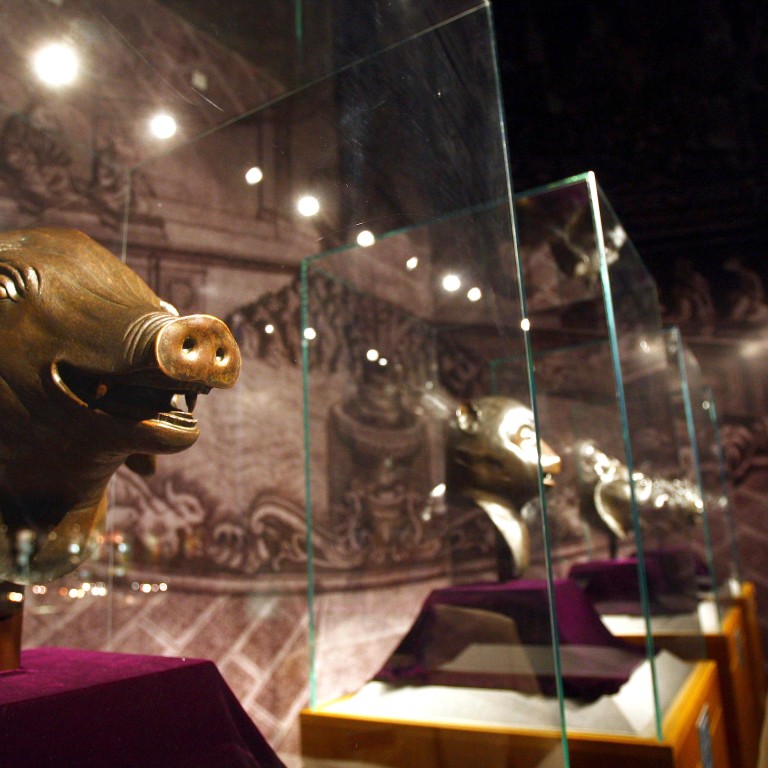
Poly Culture IPO sees huge demand
Retail tranche of mainland auction house's offer oversubscribed by 90 times as punters pounce on newcomers with unique investment stories
The initial public offering of Poly Culture, the culture and auction business unit of state-owned military-linked conglomerate Poly Group, has drawn strong interest from retail investors.
This has resulted in a shortage of margin financing services provided by brokers to retail investors, a common way for small players to leverage their position to get more shares.
There has been frenzied demand for new offerings that offer unique investment stories to stock punters looking for swift profits.
According to eight brokers, the retail tranche of Poly Culture's offer of 77.78 million shares, which represents about 10 per cent of the entire HK$2.56 billion offering, has been oversubscribed by about 90 times.
Poly Culture, which set a range of HK$28.20 to HK$33 for the shares, will finalise the price on Friday. The stock is expected to begin trading on March 6.
Poly Culture's offering was launched shortly after a similarly well-supported float of Huisheng International, a Hunan-based pork supplier that was raising HK$246 million.
"Existing lending capacity among the brokers was quickly filled as most of the capital pool was taken up by the listing of Huisheng," said Ben Kwong Man-bun, the chief operating officer of broker KGI Asia. "We feel the credit squeeze from banks as many of them have turned cautious after the mainland's interbank lending rates stayed persistently high."
According to KGI, margin financing rates have stayed between 1 and 2 per cent, depending on the size of the order.
Separately, Phillip Securities said its margin quota was increased to HK$9.5 billion from HK$6 billion because of the demand for Poly Culture's shares.
Brokers said the hype for new listings was underpinned by short-term buying momentum as the valuations of many mainland internet stocks looked stretched and traditional blue chips did not provide inspiration.
In contrast to the past few years when buying interest built up in blue-chip companies before they announce their full-year earnings results, retail investors have pulled back as bullish sentiment was noted in mainland technology and internet stocks.

